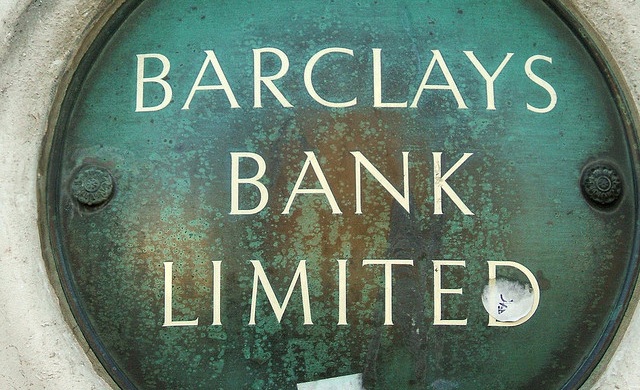A week before it releases its full year results for 2012, Barclays plc (LSE:BARC) announced it has set aside an additional £1 billion to cover for the bank’s redress over mis-sold payment protection insurance (PPI) and interest rate hedging products sold to small and medium-size enterprises, UK’s second largest bank said on Tuesday.

The bank, fined, implicated, and under investigation for a number of scandals that have marred the reputation of the British banking sector, has been increasingly adding its bill on PPI and IRHP’s since the anomalies were uncovered by UK’s financial watchdog, the Financial Services Authority.
In a statement today, the bank nearly doubled its provision for IRHP redress as it charged an additional £400 million in the fourth quarter of 2012, putting the total cost of £850 million. Barclays charged £450 million for the same during the second quarter of last year.
IRHP were sold to small firm since 2001 to reduce their risk in interest rate increases but the FSA said serious failings were made in the manner by which the products were sold to their customers.
Barclays also added £600 million for PPI claims weeks after the FSA denied calls from banks to put a deadline on claims for mis-sold PPI products to credit cards and loans.
PPI was meant to indemnify customers should they default on their loans or credit card dues as a result of unemployment or disability but were discovered to be sold to many customers who either did not clearly understood the terms or aware that such existed.
In total, Barclays have set aside £2.6 billion for PPI, £1.6 billion of which were “utilised” in 2012 whilst overall PPI bill across banks and building societies now stood at £13 billion and will likely to go up.
Both PPI and IRHP were only two of the scandals that hit Barclays and other British banking institutions. Barclays was hit the most as it was fined £290 million for LIBOR-fixing last year, resulting in resignations of a number of high ranking executives, including former CEO Bob Diamond.
Antony Jenkins, who replaced Diamond and announced four days ago he will not receive any bonus for last year’s performance in light of all the controversies the bank was involved, is set to reveal its plans to reformat the bank’s culture.
The additional £1 billion charge will further weigh heavy on the bank’s profit, which is already 86% less than what it had in the nine months of 2011. Last October 2012, Barclays revealed its profit sunk from £5 billion to £712 million between January and September 2012.
In London, nonetheless, Barclays shares traded positively, adding 1.2% to 294.90 pence by 12:45 GMT, as investors anticipate what Jenkins has to say next week.


 Hot Features
Hot Features













